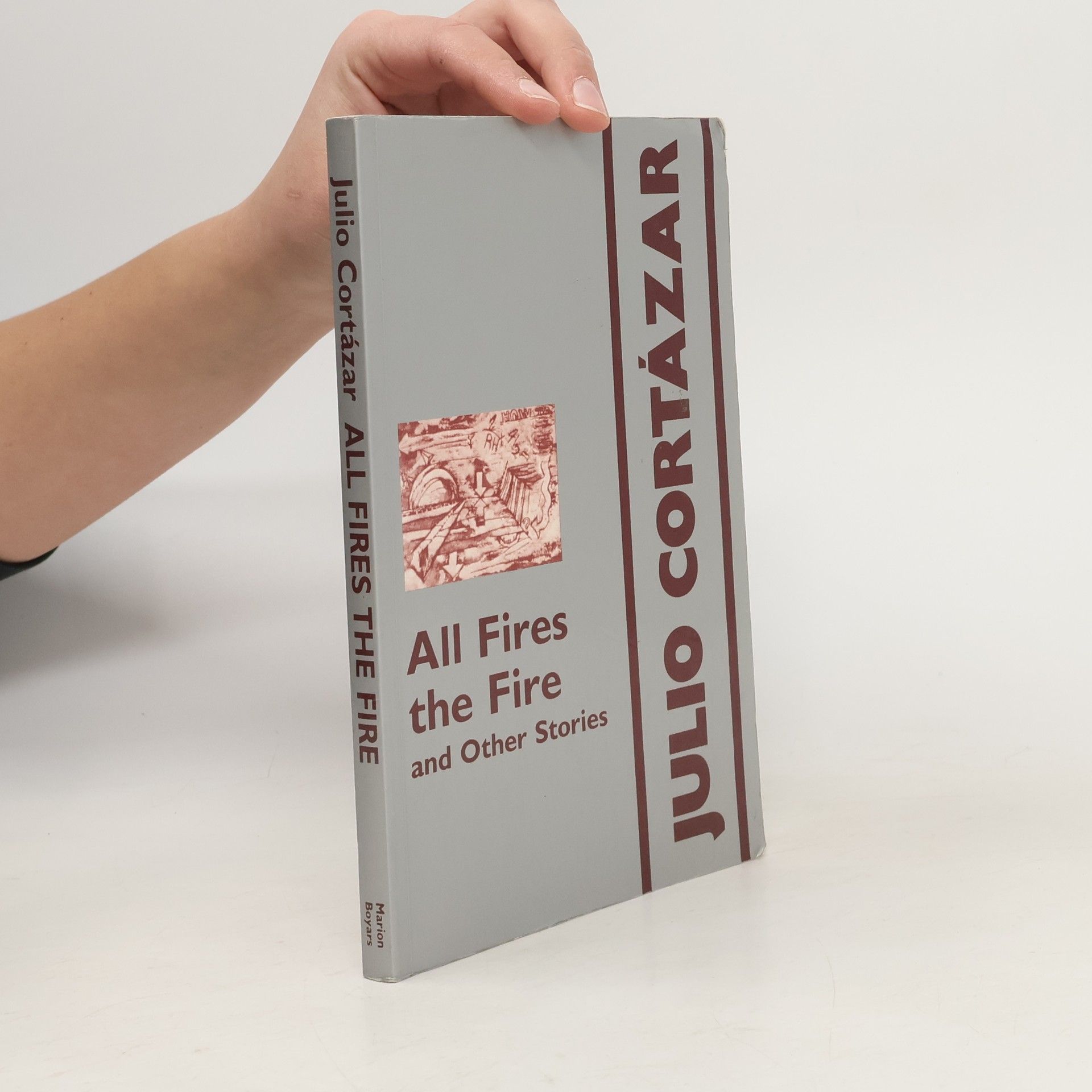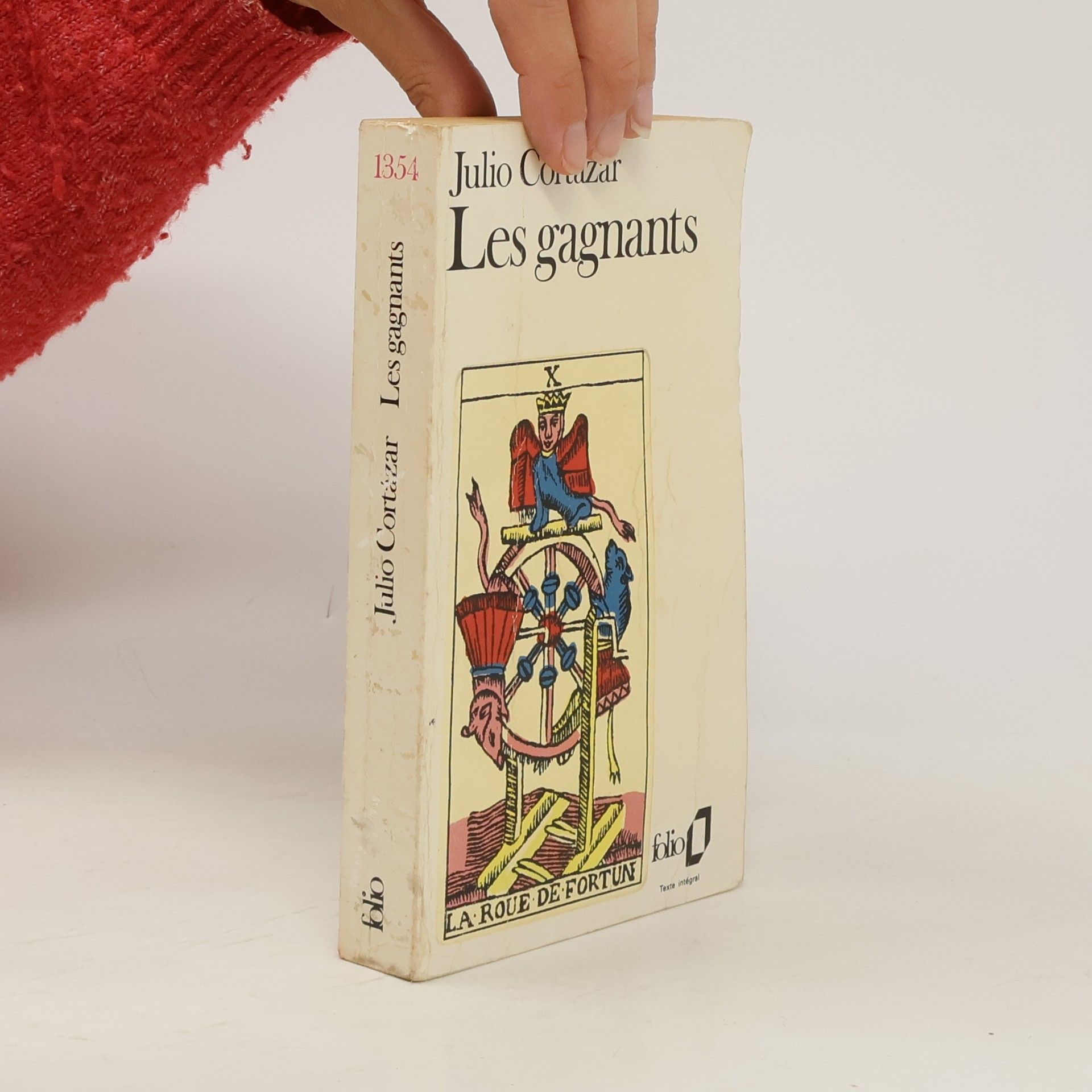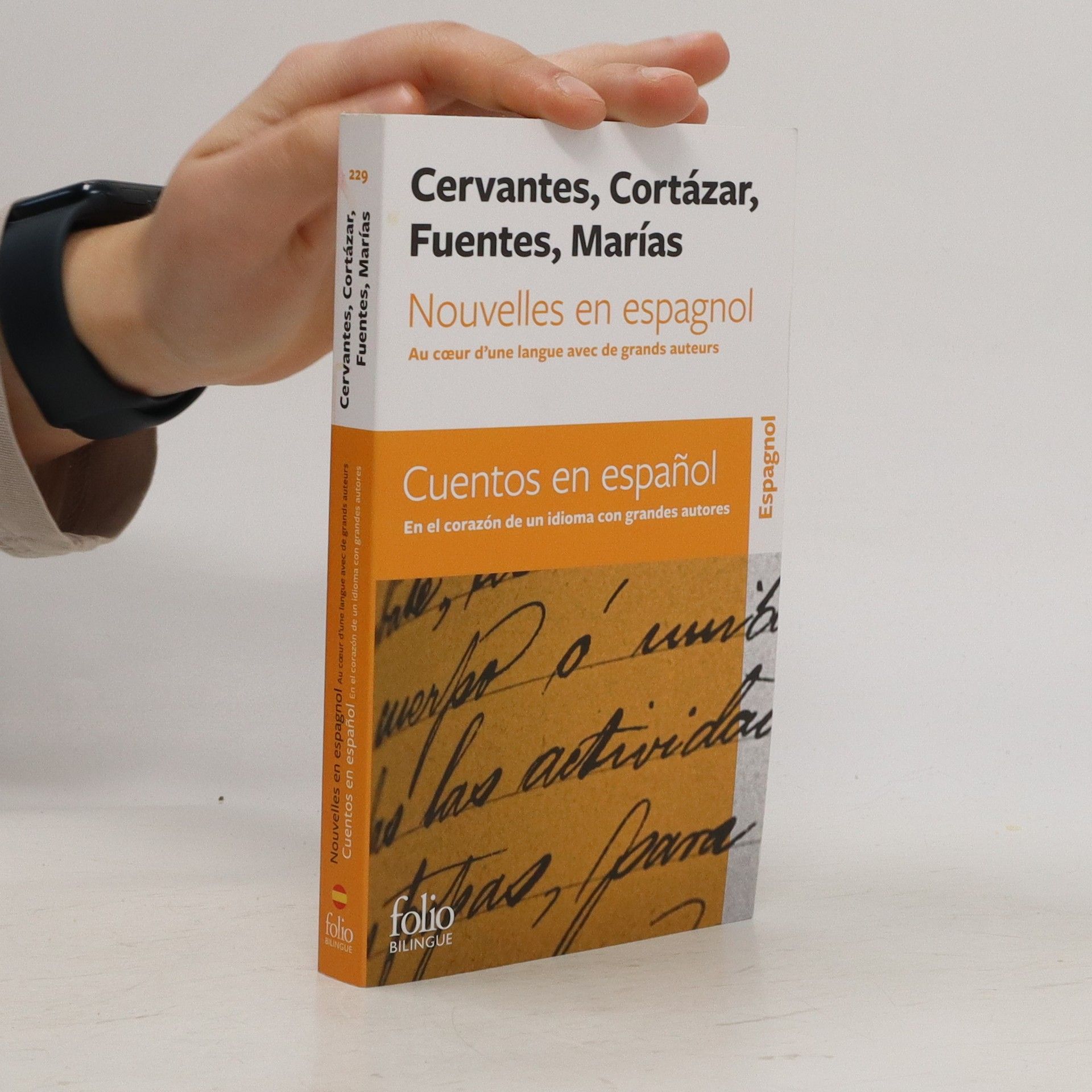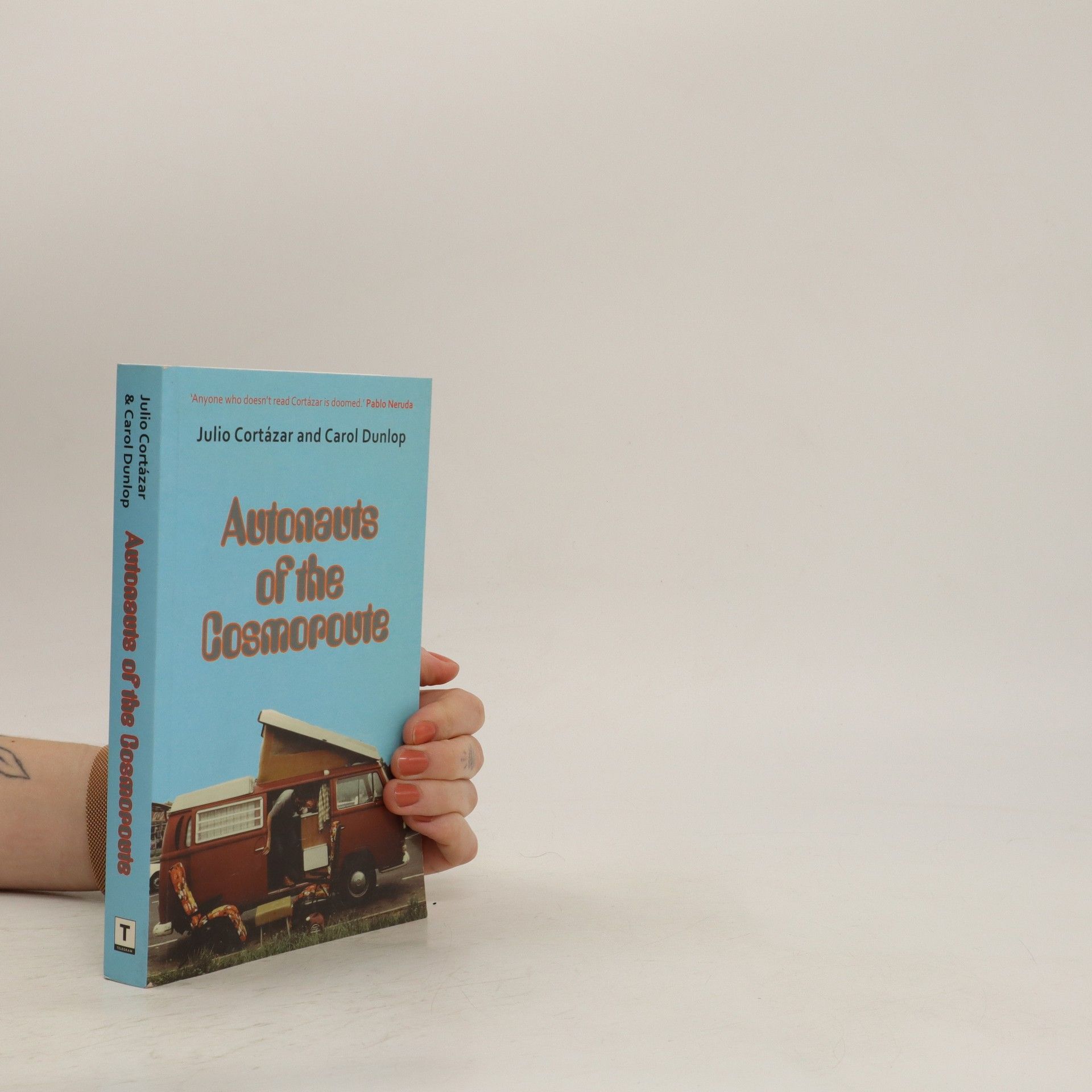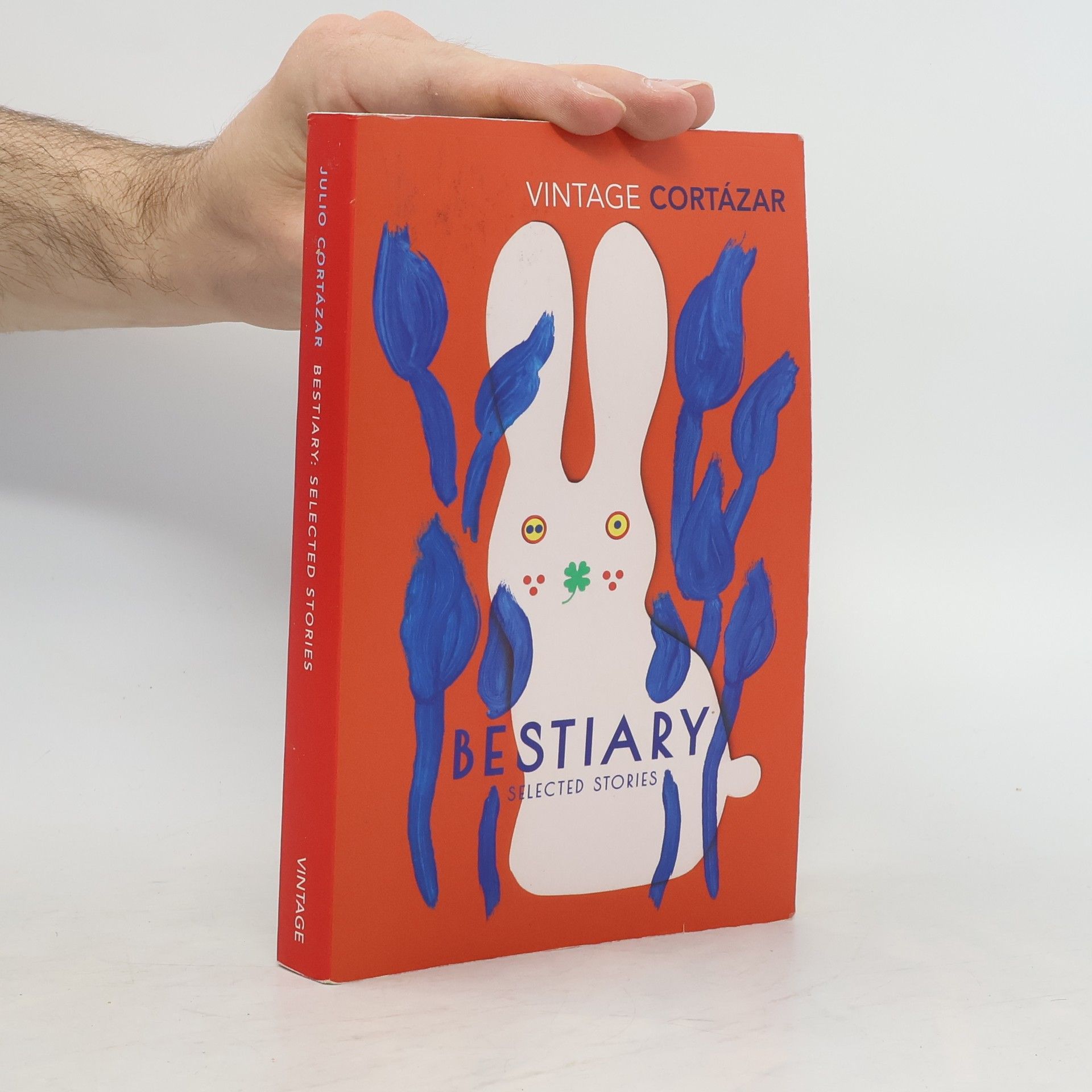Nouvelles en espagnol / Cuentos en español
- 272pages
- 10 heures de lecture
Quatre nouvelles. Quatre histoires captivantes qui plongent le lecteur dans des univers riches et dépaysants. À Tolède, un drame va bouleverser la vie d'une jeune femme. À Paris, un traducteur arpente les rues de la Ville Lumière muni de son appareil photo dans l'espoir de réaliser un cliché extraordinaire. À Chicago, une octogénaire acariâtre embauche avec réticence une femme de ménage mexicaine. Sur une plage des îles Baléares, un homme épie un couple magnétique et tente de percer le mystère qui l'entoure. Ce recueil est une invitation à découvrir la plume de quatre auteurs emblématiques de la littérature espagnole et sud-américaine, dévoilant ainsi toute la richesse de leur langue. L'ouvrage se compose de "La force du sang" de Miguel de Cervantes, "Les fils de la vierge" de Julio Cortázar, "Les amies" de Carlos Fuentes et "Tandis qu'elles dorment" de Javier Marías.

